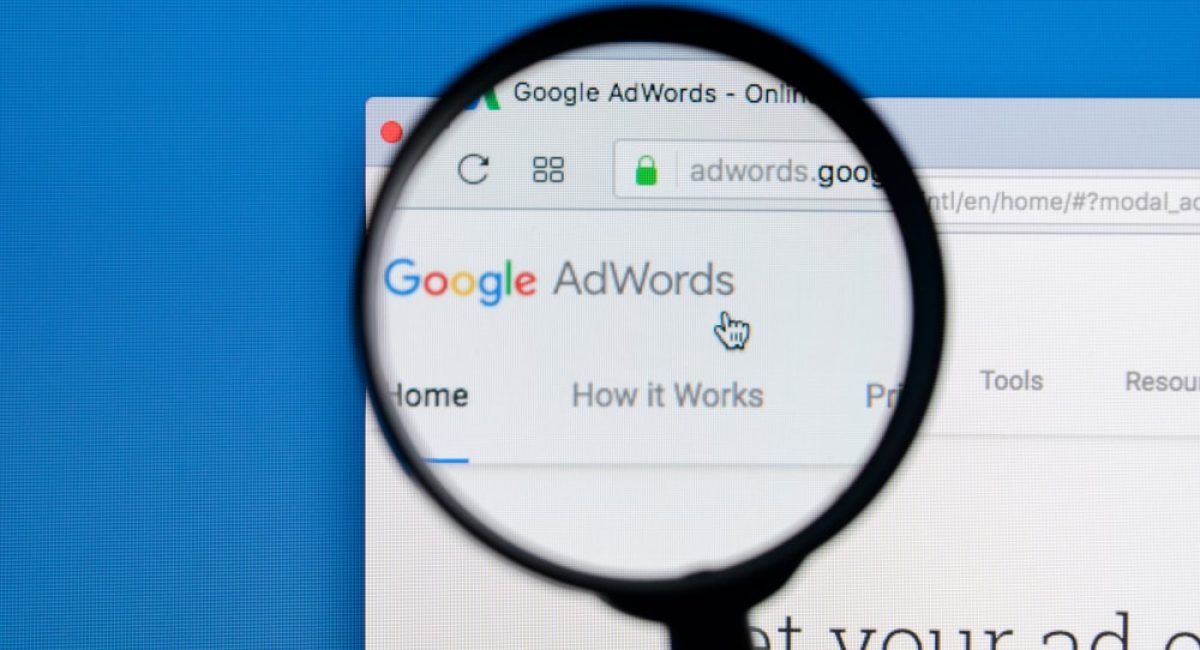Google AdWords is the world’s premier pay-per-click platform, raking in over 44% of market share every year. Large corporations like Amazon spend over 150 million dollars per year on AdWords advertising.
Why?
Because it works.
 Even small businesses see an insane ROI for their AdWords marketing campaigns. Regardless of industry or size, companies see an average of 200% return on their investment. That means for every dollar spent on AdWords; they receive 2 dollars back in revenue.
Even small businesses see an insane ROI for their AdWords marketing campaigns. Regardless of industry or size, companies see an average of 200% return on their investment. That means for every dollar spent on AdWords; they receive 2 dollars back in revenue.
Maybe you’re already running an AdWords campaign or would like to get started with one. And you probably want to learn the best way to optimise your ads and get a higher conversion rate. Knowing what types of ads to use for your target audience will resonate with them, build their trust in your business, and grow your brand awareness across multiple platforms.
By adding AdWords extensions, your potential leads or customers will be able to quickly and easily learn more about your brand. The following article will cover the types of AdWords ads formats you can use, and which ones enable you to add extensions.
What’s an AdWords extension and why do I want one?
An AdWords extension is extra, relevant information about your brand or business that you can add to your text ads. The additional information can include things like your seller or business ratings, contact information, business location, and even specific links to your website or domain.
With a relevant AdWords extension added to your text ads, you’ll differentiate yourself from the competition, increase your quality score and your click-through-rate (CTR) up to 15%, and ultimately increase your conversions.
What is a quality score?
 A quality score is based on a 1 – 10 scale that Google determines for each of your keywords. The quality score represents how relevant the keyword or phrase is, the ad itself is, and the landing page it leads to are for leads who look at the ad.
A quality score is based on a 1 – 10 scale that Google determines for each of your keywords. The quality score represents how relevant the keyword or phrase is, the ad itself is, and the landing page it leads to are for leads who look at the ad.
There are three specific components you need to understand so you can optimise your quality score:
The quality score is one of three things that influence your ad rank or position on the Google Display Network (GDN).
A high-quality score will have a lower cost-per-click (CPC).
For a high-quality score, your keyword needs to be present several times throughout the ad text and on your landing page that the customer will go to once they click on the ad.
What is a text ad?
There are several different ad formats to choose from on AdWords, but text ads are the only form that enables an extension.
Text ads are words only, and they are the most straightforward and quickest ad form to create. They display above and below the Google search results and consist of three parts: headline text, display URL, and description text.
For the headline, make sure you include words that web users will enter into the Google search bar, i.e., your keywords or phrase. The text ad will consist of two headlines with up to 30 characters each that will promote your product or service. The headlines are separated by a dash and will show differently depending on the device the viewer is using when they look at your ad.
Next, the display URL will show your website address, and consists of the domain from your final URL and the text will show up in the ‘Paths’ fields, which are optional. The Paths fields help viewers understand where they will be taken once they click on your ad. For the path text, it doesn’t have to match the display URL.
Your description is going to highlight the enticing features of your product or service and compel the viewer to click on the ad. Include a call-to-action in the description, and make sure you use several of your keywords naturally in the description that will also show up on your landing page. It’s a good idea to use words like ‘buy,’ ‘free,’ ‘get,’ ‘shop now,’ or ‘save.’
Once you create your text ad, you can then begin adding extensions. There are several you can choose from, and it is a good idea to use as many as possible that you believe will further your business goals.
Now, there are automatic and manual ad extensions.
Automatic
When you choose to add an automatic ad extension in your AdWords dashboard, it will automatically gather data from different sources that will create the extension for your chosen ad. Since these are automatic, you don’t really have much control over them, but they are still advantageous for building brand awareness and increasing your conversion rates.
Automatic ad extensions include the following options:
Consumer Ratings Extensions are gathered from Google sources and consumer surveys and typically show multiple categories on a scale of 1 – 10.
Previous Visit Extension tells the viewer if they have recently visited the website in the ad.

Seller Ratings Extensions include your store’s rating out of 1 – 5 stars according to Google’s review sources, like Google Trusted Stores, StellaService, and Google Consumer Surveys.
Dynamite Sitelink Extensions link to an offering or piece of content on your website that is one of your more popular products or services.
Social Extensions list your Google page information, like the number of followers you have or images of ‘friends’ who’ve liked the business showing the ad.
Dynamic Structured Snippets include information about different categories on your site or information Google believes is relevant to the viewer.
Manual ad extensions are customisable and include the following:
Sitelink Extensions are links to other places on your site you can include in your search ad. Viewers will see your different products and services, and their click will be more relevant.
Location Extensions show the viewer your physical store location nearest to them. This is particularly helpful if you are trying to increase your in-store traffic.
Call Extensions show your business phone number on the ad.
App Extensions enable you to include a mobile app download button next to your search ad. You thumbnail icon, name, and call-to-action button can all be included.
Review Extensions show an annotated review from a Google trusted site in your search ad.
Callout Extensions are similar to Sitelink extensions except they don’t include a clickable link.
Price Extensions show the cost of the product or service on the ad. Price Extensions are mobile-only.
Can We Help?
Including ad extensions will improve your quality score, click-through-rate, conversions, and ultimately, your bottom line. Give the SEO professionals at Australian Internet Advertising a call today and see how we can improve your Google AdWords campaign with relevant, compelling ad extensions.




